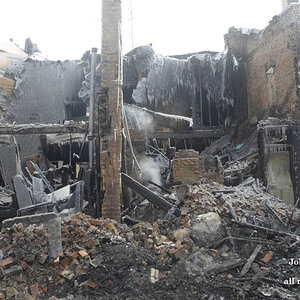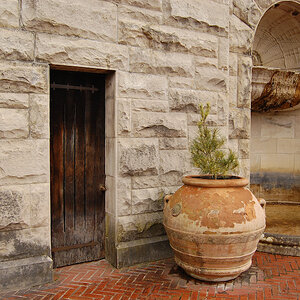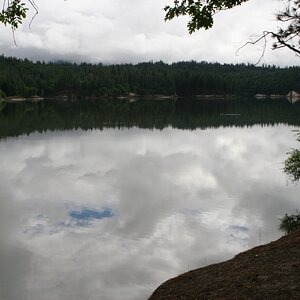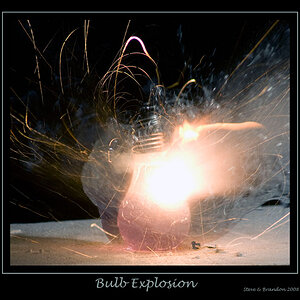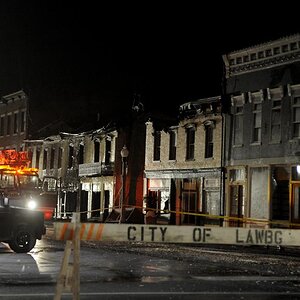Illah
TPF Noob!
- Joined
- Jun 29, 2006
- Messages
- 110
- Reaction score
- 0
- Location
- San Francisco
- Website
- www.grooveeffect.com
I got a polarizer a while back based on pretty much every website recommending one. Problem is I haven't yet found a situation where it's really made much of a difference. The basic technical usage is dead simple (i.e. angle from the sun affects polarization and yes, I know that I need to rotate it  ). I think my problem is I'm not 'seeing' when and where it will come in handy. Any advice?
). I think my problem is I'm not 'seeing' when and where it will come in handy. Any advice?
--Illah
--Illah


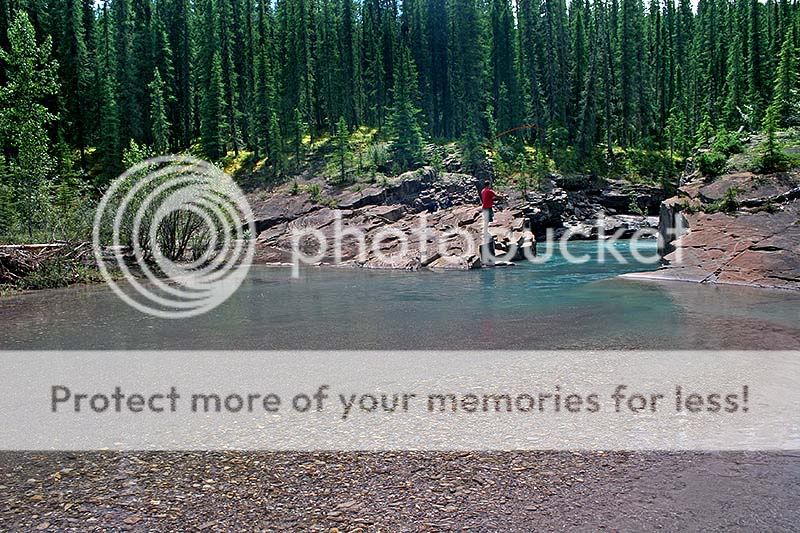
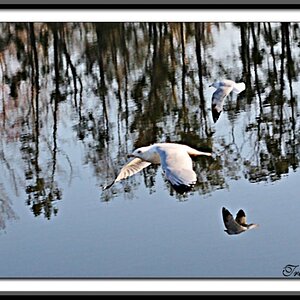
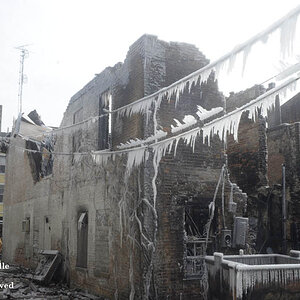
![[No title]](/data/xfmg/thumbnail/31/31749-6cf0f99d6bdedf47f7387c5b943fb717.jpg?1619734989)
